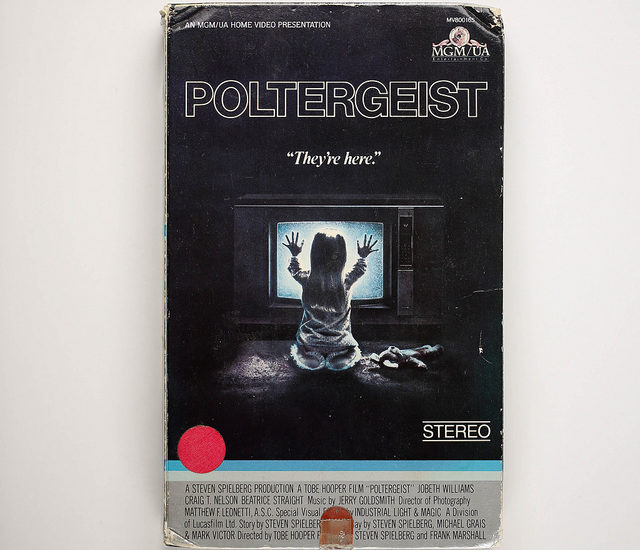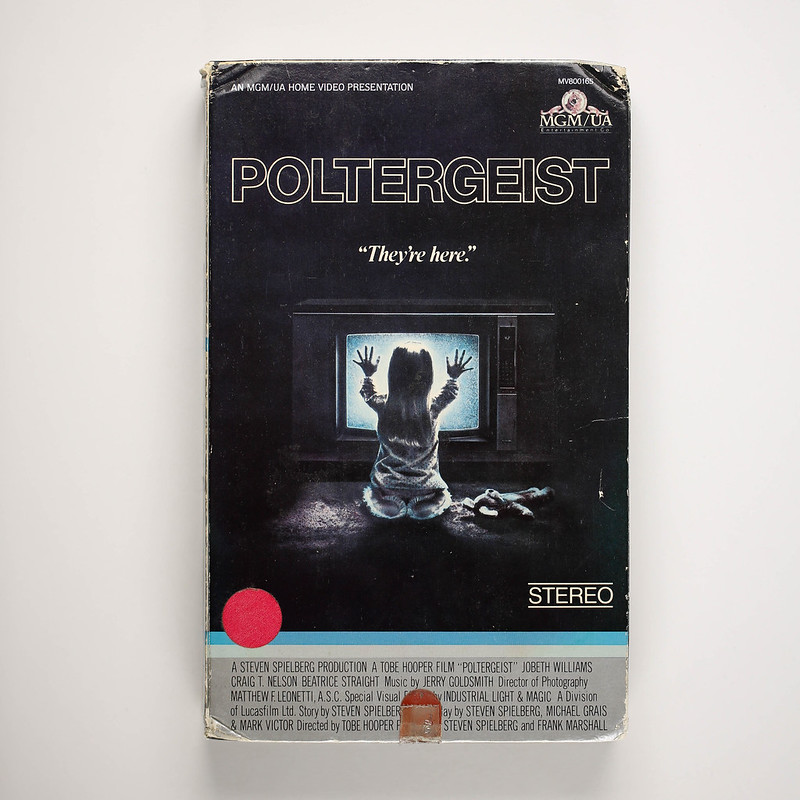The movie The Possession came on the heels of the occult dybbuk box trend of a few years ago. As far as I know, there are two popular dybbuk movies (there are likely more). This one was showing on FX Network in my hotel room in California, and I felt compelled to watch it (WARNING: MAD SPOILERS FOR TWO OLDER MOVIES LIE AHEAD).
In The Possession, a young girl gets a cool looking old box at a yard sale, and bad shit happens. Turns out the box is a religious artifact, a prison for an old, demonic crone who steals the life force of children by first taking possession of them. A character played by Hasidic rapper Matisyahu ends up saving the day with an old Hebrew ceremony.
Here’s the basic story:
- Old rules are taken for granted when a little girl is allowed to play with a cool box found at a garage sale
- Phenomena is seen and a female, the girl, is possessed
- A man’s word is ignored when the father’s warnings/protestations result in the father being wrongly isolated, distrusted
- Modern methods, i.e. medical science-y stuff, are employed by the mother but it doesn’t work
- There is a reckoning
- And the broken female is ‘fixed’ when the demonic crone is shoved back into the box with a Hebrew exorcism delivered by a young Hasidic character
So at the center of the conflict is a violation of old-school social norms; the result of taking for granted patriarchal power.
Compare this to the basic story in Poltergeist (1982):
- A family move into a cheap house bought from the father’s employer, a grandfatherly land developer
- Phenomena is witnessed and a female, a little girl, goes missing
- Purely modern methods, in the form of technology and parapsychological science, are employed to find her, but it no-workie
- There is a reckoning
- Old mysticism, via an old grandmotherly psychic woman, is combined with those modern methods and the little girl is retrieved
- But the phenomena reasserts itself and further jeopardizes the mother and the little girl in the story because, as the father learns, the grandfatherly land developer had committed a lie of omission: the new house had been built on an old cemetery, on which he only moved the headstones, not the bodies
While not a possession narrative, Poltergeist shares some things with The Possession. Other things are markedly different.
In both stories it’s worth pointing out that the characters primarily in jeopardy were uniformly female. But in Poltergeist, the phenomena was assuaged when modern solutions (science) cooperated with the old and mystical, which in this case was female—the old psychic, who was herself arguably a crone/witch figure, which is an inversion of the demonic crone in The Possession.
Meanwhile in The Possession, the key holder was a young, male rabbinical exorcist (played by a rapper, at that). And the solution? Essentially a restoration of patriarchal power: a young man employs tradition to imprison an old crone.
In both stories the phenomenal catalyst is a violation of old rules. But in The Possession, it happens because characters took the patriarchy’s authority for granted.
Meanwhile, in Poltergeist, in could be argued the phenomena became catalyzed because the patriarchy lied.

